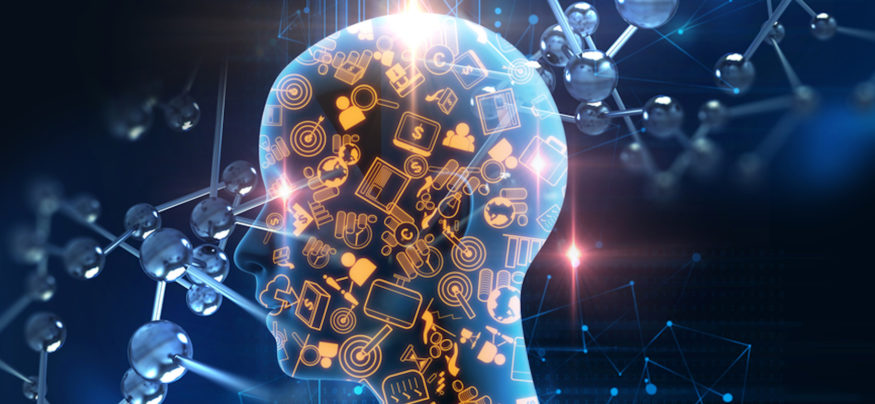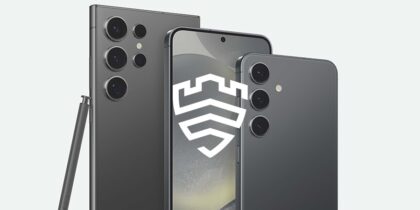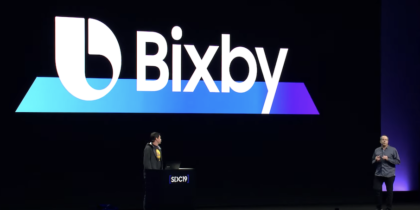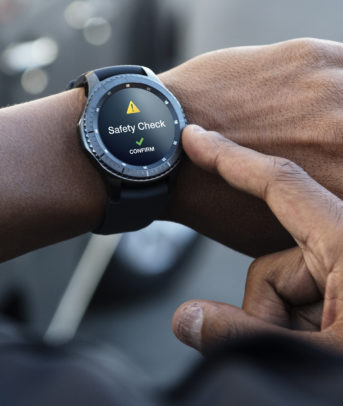Artificial intelligence technology — the ability of machines to learn from human behavior — is having an impact across the business landscape. At the same time, the rise of mobility is dramatically reshaping the B2B ecosystem.
So it should come as no surprise to discover that these trends are converging. Recent research shows AI applications will be a driving force in mobile adoption in the coming year.
Surveying attitudes toward mobility, Accenture found demand running high, with more than half (54 percent) of consumers saying they plan to buy a smartphone in the coming year. AI is a prime motivator here. As many as 84 percent of young respondents said they are either using voice assistants on a smartphone or are interested in doing so.
“Improved features and falling prices are key reasons consumers around the world are signaling a desire to buy new smartphones,” said David Sovie, global managing director for Accenture’s Electronics and High-Tech business. “Growing acceptance of services powered by artificial intelligence, such as voice assistants, is also fueling this market upswing. 2017 will be the year when artificial intelligence goes mainstream in consumer devices.”
Expanding Trend
As is often the case with new technologies, B2B interest in the emerging capabilities of AI seems to be a reflection of rising consumer-side awareness.
Accenture looked at consumer use of home products powered by AI: devices that recognize commands like “play music” and “turn on the light.” About 65 percent of users say they interact with these devices regularly. It’s not surprising to see that such strong acceptance at home would be reflected in an uptick in adoption in the business mobility space.
AI also has the “wow” factor that often spurs IT buying in both personal and business settings. Among all consumers surveyed, the main driver of planned purchases is the ability to tap the newest and most innovative features and functions. Fifty-one percent of respondents cited this as their motivation, compared with 41 percent last year.
In terms of specific AI applications, survey respondents pointed to a number of AI-driven capabilities they would be willing to embrace, including personal health assistants (60 percent), smart trip assistants (59 percent) and entertainment advisers (51 percent).
Use AI to Work Without Barriers
Learn how AI-powered devices enable the future of work. Download Now
A Growing Ecosystem
With B2B interest in AI rising in tandem with consumer demand, the smartphone landscape itself is evolving. An ever-increasing number of AI-enabled features and capabilities have lately emerged in the smartphone ecosystem.
The coming year may see retailers implementing AI in tandem with smartphone applications and loyalty programs, for example. “All retailers have data within their business; the question is how can they best get actionable insights from it,” said Emily Bezzant, head analyst at retail analytics company Edited. “AI and machine learning aren’t a fad; they’re a new technological innovation that means huge sets of data can be leveraged into decisions that could formerly only be made by people.”
Others are using AI to power a new kind of productivity in smartphone apps. Suppose you get an email suggesting you meet a colleague in a local restaurant. Typically, you’d have to leave the app and go search the web to learn more. One startup is using AI to streamline the process, teaching devices to cross-reference data across apps. Besides being a boon to consumers, this kind of functionality could spur new efficiencies for B2B users trying to get the most out of their smartphone experiences. A mobile business user, for instance, could link from an appointment reminder to a map without having to jump in and out of apps.
Machine learning, a fundamental process behind artificial intelligence technology, already is powering many of the services and apps we use every day. Familiar by now to many consumers, this functionality can identify pictures of people, cats, mountains — almost anything. Enterprise users will likely want to explore the potential for such capabilities in the business arena.
Of course, the voice assistant remains the primary touch point for most consumers when it comes to AI, including digital assistants. Digital assistants can search out and deliver information based on voice or text inputs. It’s a familiar encounter and one users seem ready to accept. If an AI assistant can get a question answered or solve a problem faster than a human agent or web search, many consumers will be more than glad to engage in that interaction.
When surveys like Accenture’s show rising interest in AI-enabled smartphones, businesses can take that as a cue to work more aggressively to build out such functionality. In addition to adopting AI-enabled smartphones in their own inventory, businesses will be the ones to bring AI-driven capabilities to life for consumers, with backend systems that simplify customer interactions while simultaneously satisfying employees’ desire to be on the cutting edge of technology.
AI tools can also provide benefits to the healthcare industry, as a new research platform is using artificial intelligence to hopefully connect vocal biomarkers to certain health conditions.







